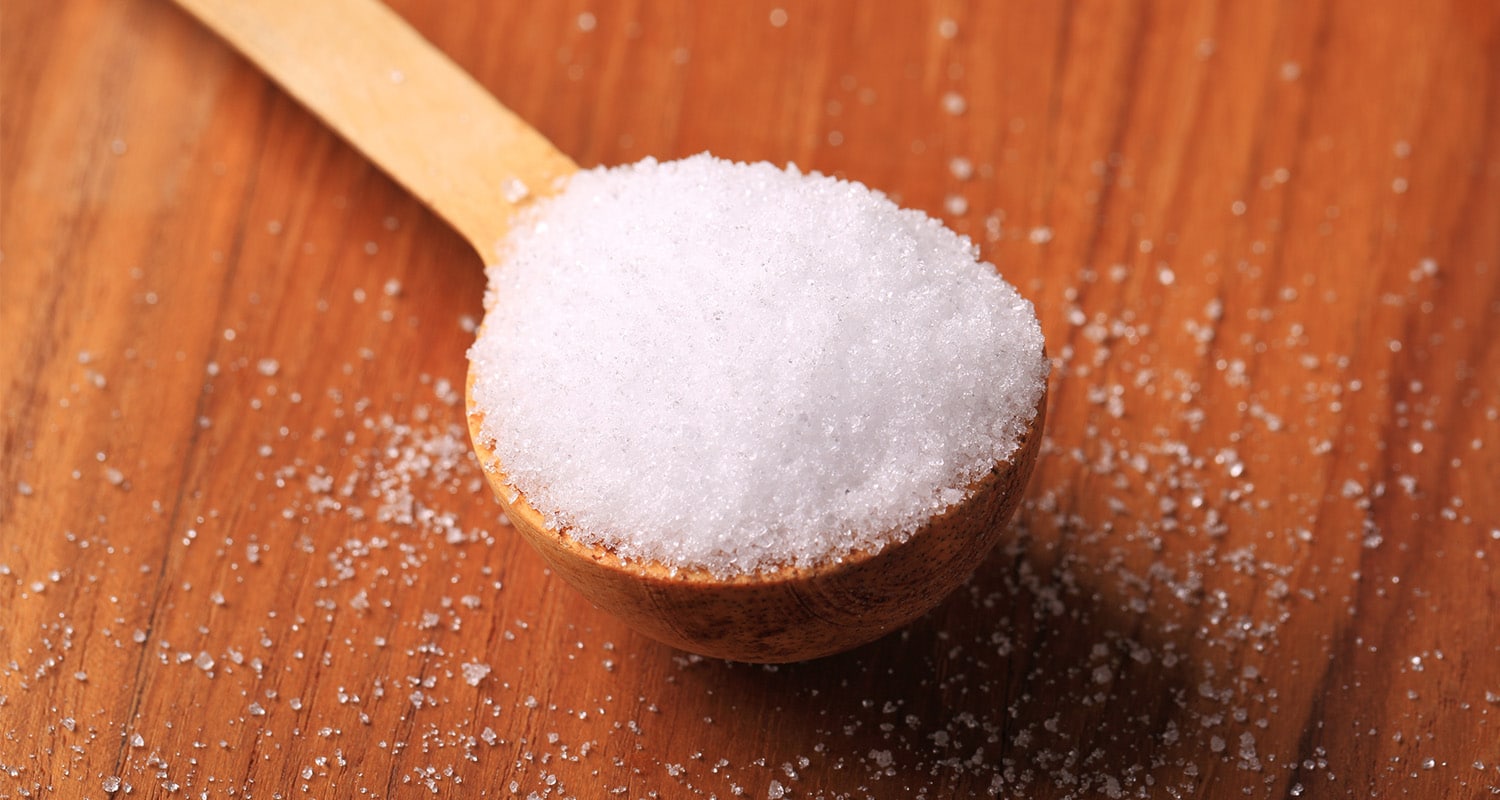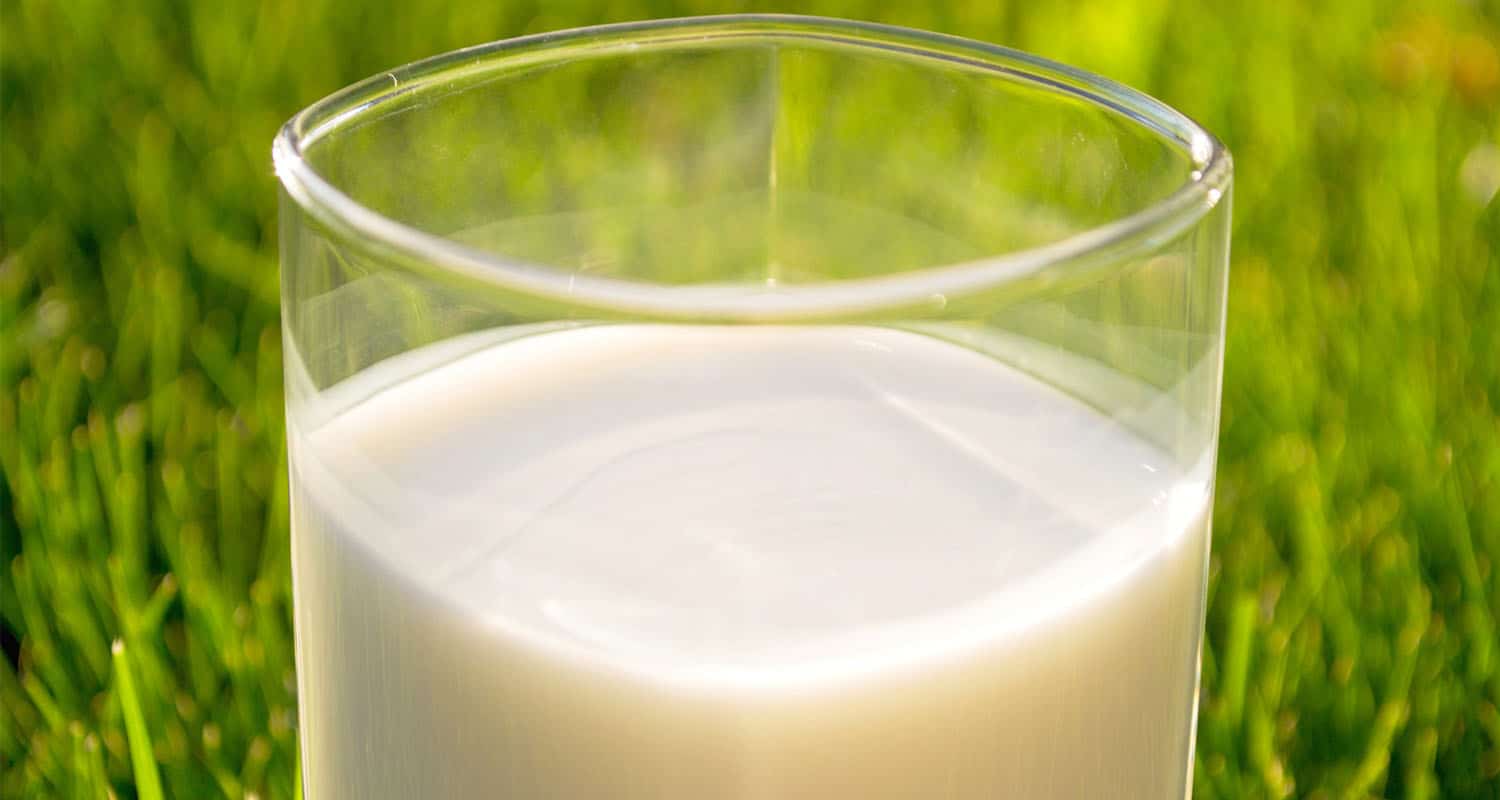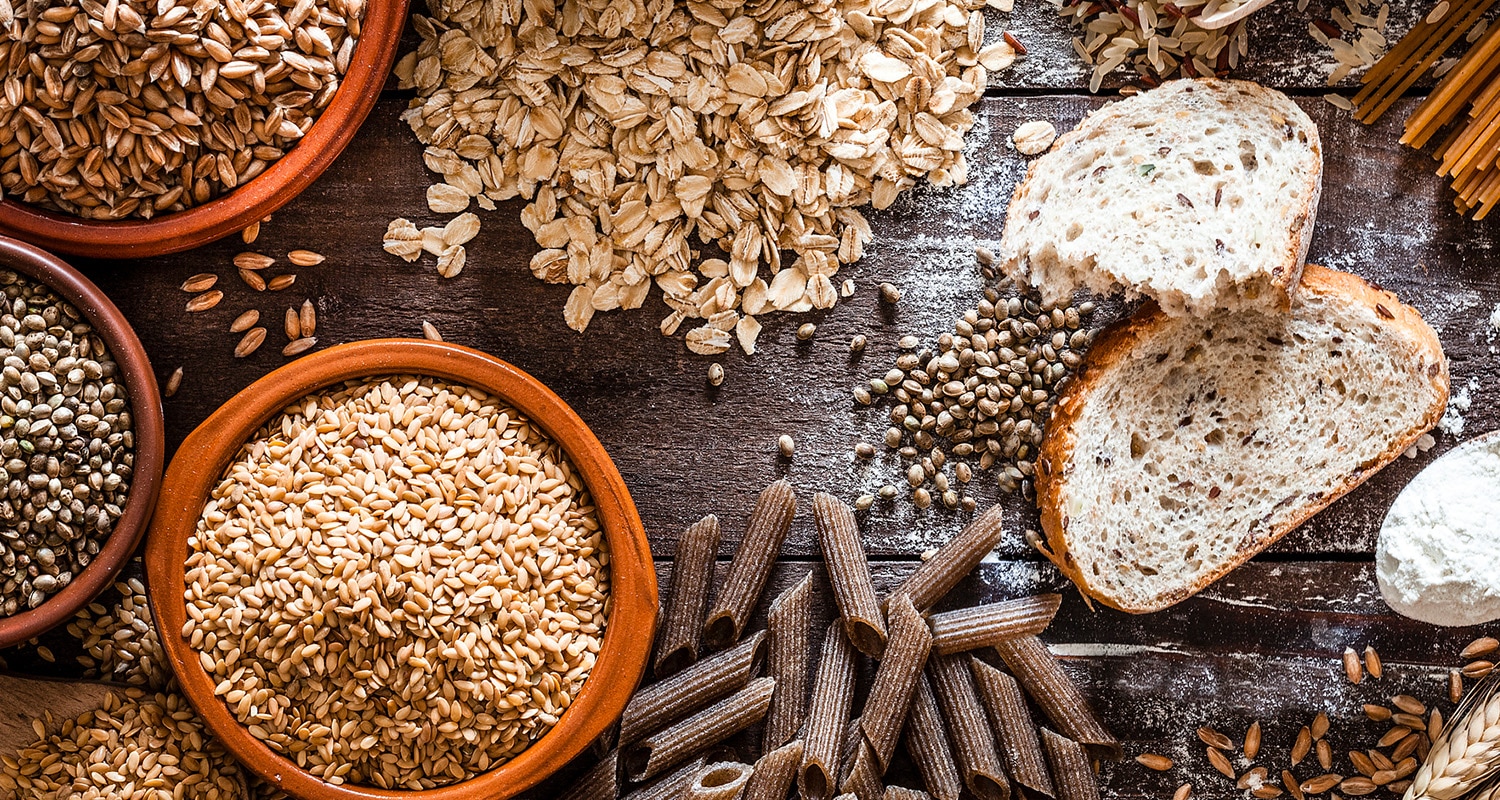
[tldr]
- Unfortunately, it is incredibly common to leave the doctor’s office with an autoimmune disease diagnosis–and zero advice on nutrition or lifestyle changes.
- Autoimmune disease flare-ups are often related to inflammation. By keeping inflammation down, you’ll go longer between autoimmune attacks.
- The foods you eat can make a remarkable difference in the frequency and severity of autoimmune flare-ups. Small, steady dietary changes can help you feel like your best possible self.
[/tldr]
Whether it’s a new diagnosis or you’ve been living with autoimmune disease for a while, you may be ready to figure out what’s triggering your flare-ups. Unfortunately, it’s a frustratingly common scenario that your doctor sends you off with your diagnosis — but no nutrition advice or lifestyle changes that can make your autoimmune condition easier to navigate.
The medical model of care focuses on surgeries and medicines as treatment. But, you don’t have to stop there. You can upgrade your life from wherever you are with a few diet and lifestyle tweaks.
The typical western diet is associated with inflammation,[ref url=”https://link.springer.com/article/10.1007/s11882-013-0404-6″] and inflammation is central to autoimmune reactions. If you can keep your inflammation down, you can go longer between autoimmune attacks. Read on to find out what to eat and what to avoid to quiet your inflammation trigger and have as many good days as you can.
First things first: cut sugar to reduce inflammation
 Our bodies aren’t built to handle the excessive sugar that’s typical of the western diet. The amount of sugar most people consider to be a normal amount trips the inflammation response over and over again, cascading into all kinds of related problems.
Our bodies aren’t built to handle the excessive sugar that’s typical of the western diet. The amount of sugar most people consider to be a normal amount trips the inflammation response over and over again, cascading into all kinds of related problems.
Even fructose (fruit sugar) consumption causes lipogenesis — the formation of new fat cells –and saps your energy because it depletes ATP in your cells. [ref url=”http://www.sciencedirect.com/science/article/pii/S0168827808001645 “] (ATP, or adenosine triphosphate, is a chemical that fuels cellular processes.) Fructose also causes insulin resistance,[ref url=”http://www.sciencedirect.com/science/article/pii/S0168827808001645″] which leads to more inflammation.[ref url=”https://doi.org/10.1016/S0002-9149(03)00612-X”] And, the cycle continues.
Inflammation is strongly linked to not only autoimmune disease flare-ups, but also to the development of autoimmune conditions. Sugar intake, for example, determines whether an organ-specific autoimmunity progresses to Type 1 Diabetes in children.[ref url=”https://link.springer.com/article/10.1007/s00125-015-3657-x”]
Cutting sugar is hard for a few days, but will have a massive impact on your overall inflammation. Aim to have no more than 5% of your calories come from fruit and starches.
Alcohol and autoimmune disease

Generally, there is a universal agreement that you don’t want to go overboard with alcohol. Researchers found that frequent alcohol consumption increases the amount of gut toxins in the bloodstream. High levels of these endotoxins are linked to chronic inflammation, as well as other diseases.[ref url=”https://www.ncbi.nlm.nih.gov/pmc/articles/PMC2842521/ “][ref url=”https://www.ncbi.nlm.nih.gov/pmc/articles/PMC4566437/”]
Become a Dave Asprey Insider.
Sign-up for Dave’s newsletter today, and receive the latest biohacking tech, gear, and tips.
By sharing your email, you agree to our Terms of Service and Privacy Policy
RELATED: What to Drink During the Holidays
Still, if you don’t drink alcohol excessively, are average amounts OK? Several sources claim that a moderate amount of alcohol protects against autoimmune diseases like Hashimoto’s (autoimmune hypothyroidism).[ref url=”http://www.eje-online.org/content/167/4/483.short”] Another study points out that it’s hard to zero in on the effect of alcohol on autoimmune disorders because there are so many factors at play, like the type of beverage or even gender differences.[ref url=”https://www.cambridge.org/core/journals/british-journal-of-nutrition/article/moderate-alcohol-consumption-and-the-immune-system-a-review/D340A16DDC772F6F2625001BD4AD430B”]
How to enjoy alcohol without wrecking your system
If you’re sure it won’t cause a severe flare-up, kick back with friends and sip on an occasional drink every now and again. When you’re planning to indulge:
- Watch the sugar content. Some bottles are heavily sweetened with a ton of sugar or high-fructose corn syrup.
- Check ingredients. Grain-based alcohols will sap your performance, and some brands add dyes and artificial flavorings for appeal.
- Consider purity. It’s tough to detox from alcohol when your body is shuttling out all the impurities that come with it, too.
- Hydrate and detox. You’ll feel a million times better in the morning if you get all the nasty leftovers out of your body as soon as you can.
Dry Farm Wines offers a clean, low-alcohol, and low-sugar wine that pairs perfectly with laughs on the back patio with your favorite neighbors.
Stay away from inflammatory soy
Soy had a short time in the sun when the American Heart Association labeled it as heart-healthy. As more and more research linked soy with adverse effects like thyroid suppression[ref url=”http://www.sciencedirect.com/science/article/pii/S1570023202002143″] and hormone imbalance, people started staying away.
If you have autoimmune thyroid disease or any of the autoimmune conditions that affect hormones, you don’t want to make matters worse. Soy also acts on autoimmune conditions — specifically, it made lupus worse in mice.[ref url=”http://www.sciencedirect.com/science/article/pii/S1567576905001128″]
Worse yet, soy crops are usually genetically modified to withstand insane amounts of the herbicide glyphosate, which means megafarm operations can spray excessive amounts of glyphosate onto soy plants and not wipe out the crop.
Glyphosate weakens the lining of your intestines, allowing undigested food particles to cross into the bloodstream. That leaves your immune system open to labeling a food as an intruder and signaling an immune response every time you’re exposed to it. When your immune system mobilizes, you get an autoimmune attack. More on leaky gut in a bit.
Recently, the FDA revoked soy’s status as a healthy food.
Drop dairy … but ghee can stay

If you consume dairy (or any food you don’t tolerate) daily, you might not notice the subtle reactions you’re having. It’s common to chalk it up as having “bad skin” or a “nervous stomach” when it’s actually a food that’s causing all the trouble.
If your body marks dairy as an intruder, your immune system springs into action every time you’re exposed to it. When that happens in the presence of autoimmune disease, your body attacks itself, and you end up with a flare-up. It works this way even if the food doesn’t have much to do with the specific condition.
You may not be able to link your autoimmune symptoms with the food because it’s always there. To sleuth it out, you need to isolate it. That’s where an elimination diet can come in handy. Try eliminating dairy for three weeks and then reintroduce it to see how you feel. If you have a reaction, even a subtle one, it’s best to leave it alone.
If you find that you and milk aren’t friends, you can still get your butter fix by using ghee, or clarified butter, because it is pure butterfat. There’s no lactose (milk sugar) or casein (milk protein) in it to cause a reaction. Plus, it tastes amazing as a cream substitute in coffee — yes, really.
Forget grains

Cereal grains, like wheat and barley, have a high content of chemicals like inflammatory lectins and phytic acid, an anti-nutrient compound that binds important minerals of everything you eat along with them. Eating grains like wheat over time not only depletes your mineral stores, but it also leads to increased intestinal permeability, or “leaky gut,” which measurably increases inflammation markers in the bloodstream.[ref url=”http://www.mdpi.com/2072-6643/5/3/771/htm http://ajcn.nutrition.org/content/83/2/275.short”]
Celiac disease is an autoimmune condition that flares when you eat grains containing gluten.[ref url=”http://www.sciencedirect.com/science/article/pii/S1542356507012001 “] Some people with other non-celiac autoimmune conditions experience flare-ups after eating gluten and report feeling major improvements simply by avoiding it.
Get your vitamin D
Study after study links vitamin D deficiency to numerous diseases, like:
- Cancer
- Cardiovascular disease
- Multiple sclerosis
- Rheumatoid arthritis
- Diabetes[ref url=”http://ajcn.nutrition.org/content/80/6/1678S.short”]
Vitamin D has strong associations with autoimmune diseases because of its role in regulating the immune response. Sufficient vitamin D not only quiets the the immune response trigger, it decreases the severity of the response and your symptoms.[ref url=”http://journals.sagepub.com/doi/abs/10.1177/153537020422901108 “]
Scientists have linked critically low vitamin D levels with autoimmune diseases like lupus and multiple sclerosis (MS),[ref url=”http://www.sciencedirect.com/science/article/pii/S1568997205000935″] and ongoing research shows that vitamin D has potential to prevent and treat autoimmune disease.[ref url=”http://www.sciencedirect.com/science/article/pii/S1568997205000935”]
Getting at least 20 minutes of sunlight on your skin provides the most bioavailable form of your daily dose of D. For a bonus, expose your eyes to sunlight to set your natural sleep-wake clock. (Don’t look at the sun. Just go outside.) Boost your sunlight with a vitamin D supplement and you’re good to go.
This isn’t an exhaustive list of things that will fix autoimmune disease. It’s simply a place to start, where you can have the highest impact on how you feel. People spend years tuning into their bodies and tweaking their diets in order to feel better. Self-experimentation is key, and you have to find what works for you.
Related:
How to Own Your Gut Bacteria and Fix Leaky Gut Syndrome
Kick Your Sugar Habit With These Bulletproof Alternative Sweeteners
Be sure to drop your email here for a steady stream of autoimmune-friendly tips and hacks to be the best you can be.











